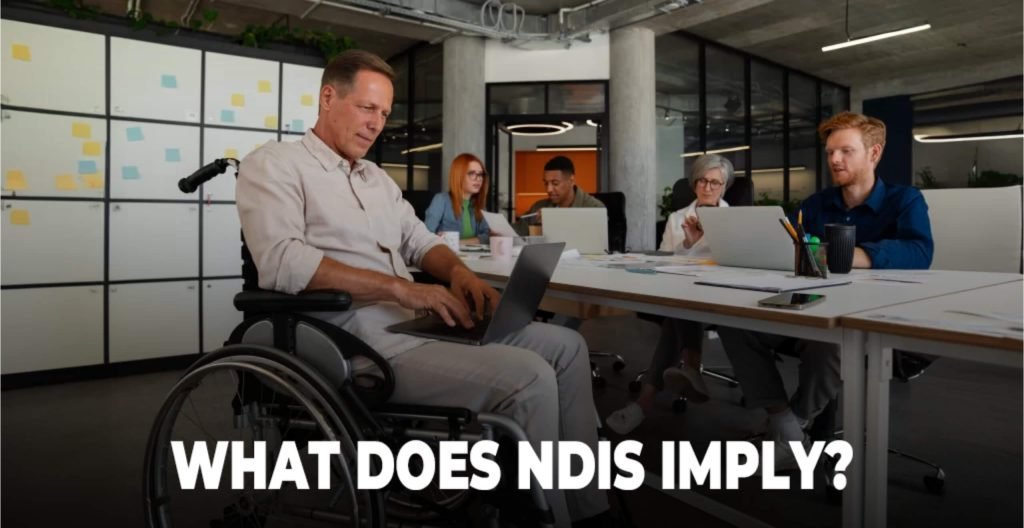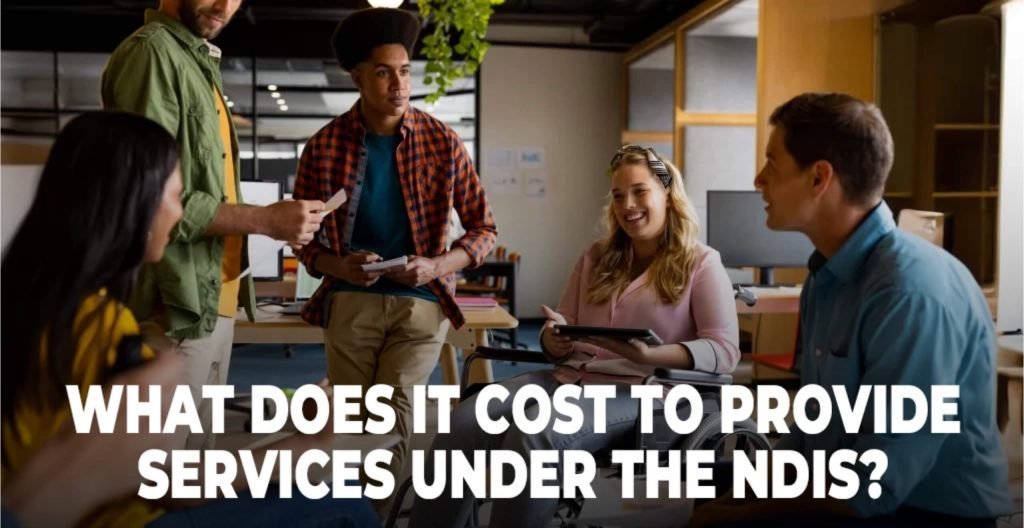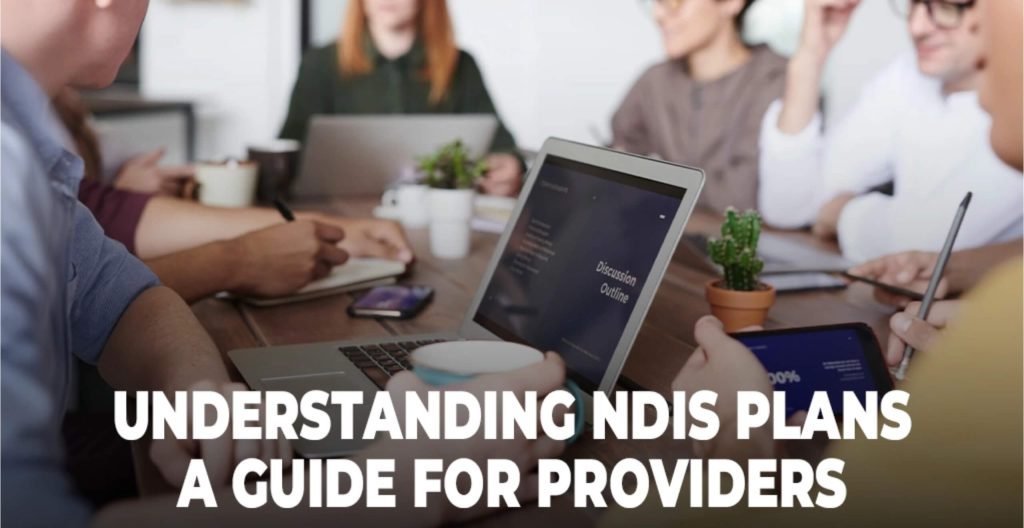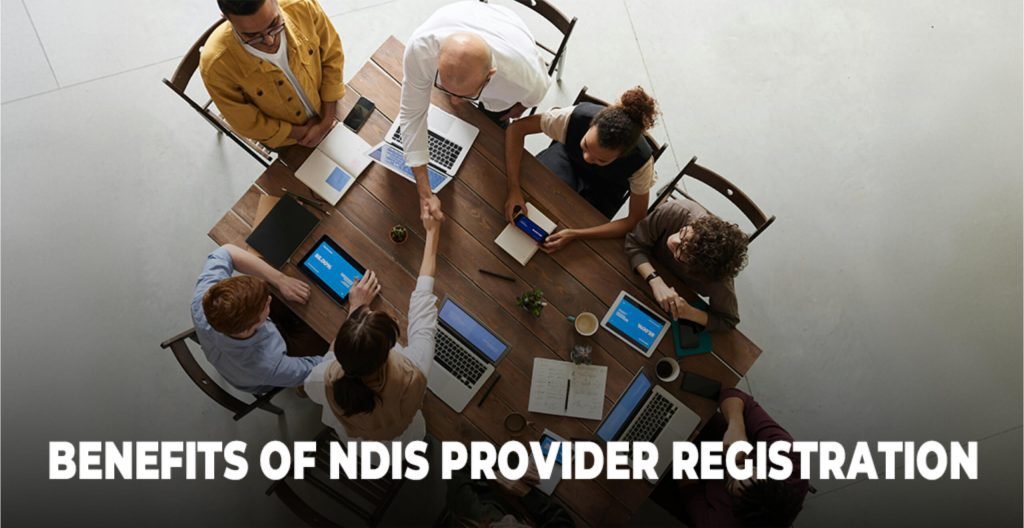Understanding Foundational Supports
If you’ve been following the NDIS review, you might have come across the term “foundational supports.” These supports are the first of 26 recommendations from the review, aiming to enhance disability services for all Australians. But what exactly are they, how do they differ from existing NDIS supports, and who can access them?
While we await the federal government’s comprehensive response to the NDIS review, the National Cabinet has already agreed on a promising 50-50 funding model for these supports.
In this blog, we’ll explore what foundational supports are, how they can improve the lives of people with disabilities, their families, and their carers. Let’s delve into the details!
What Are Foundational Supports?
Foundational supports are designed to provide individuals with disabilities the essential groundwork for leading fulfilling lives. This includes ensuring that everyone can participate in the community, live independently, and maintain both physical and mental well-being, regardless of whether they are part of the NDIS.
These supports aim to complement NDIS services and mainstream offerings, creating a more interconnected and comprehensive disability support system. Services that might be included range from home and community care to early intervention and assistive technology.
Examples of Foundational Supports
Although the specifics are still being finalised, potential foundational supports could encompass:
- Home and Community Care
Assistance with daily tasks such as grocery shopping and cleaning. - Psychosocial Disability Supports
Services aimed at helping individuals develop independence and daily living skills. - Aids and Equipment
Provision of essential tools and technologies for those with lower-level needs. - Early Supports for Children
Early intervention services for children facing developmental challenges.
Support for Young People
Assistance during crucial life transitions, such as moving into independent living.
Who Can Access Foundational Supports?
According to the NDIS review, foundational supports should be accessible to everyone with a disability, categorised into two groups:
- General Supports
Available to all individuals with disabilities, including NDIS participants, these might encompass information and advice, capacity-building for individuals and families, peer support, self-advocacy, and disability employment assistance.
Targeted Supports
Aimed at individuals with lower-level support needs who are not eligible for the NDIS, targeted supports may include a range of services such as home and community support, psychosocial disability assistance, and early supports for families and children.
How to Access Foundational Supports
Should the investment in foundational supports move forward, a variety of new services may become available. The NDIS review proposes the introduction of “Navigators” to help individuals identify which services best meet their needs.
The Role of Navigators
Navigators would function similarly to Support Coordinators but would be available to all individuals with disabilities, not just NDIS participants. With strong community connections, they would be well-equipped to direct individuals toward the most appropriate services.
Becoming an NDIS Provider
As the landscape of foundational supports evolves, NDIS provider registration will become increasingly important for those looking to become an NDIS provider. By registering, providers can offer these essential services, contributing to a more comprehensive support system for individuals with disabilities.








